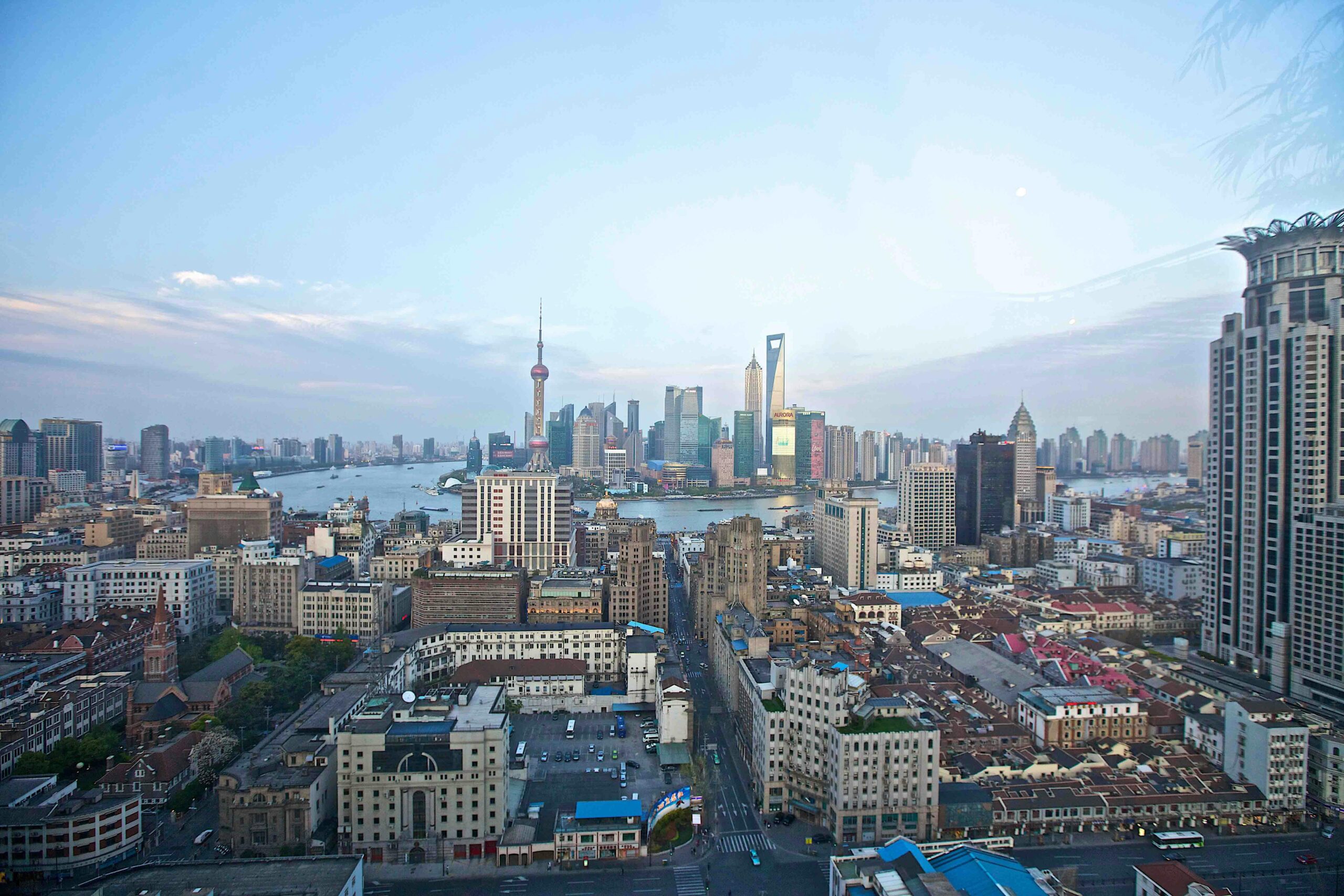Amidst China’s economic challenges, a Hong Kong court has ordered the liquidation of China Evergrande Group, the world’s most indebted property developer. With over $300 billion in liabilities and hundreds of unfinished projects, Evergrande’s fate adds to concerns about China’s property market, which constitutes a significant portion of its economy. The court’s decision raises questions about whether Chinese authorities will acknowledge the ruling and allow international creditors to seize assets. The move comes after Evergrande defaulted on $330 billion in debt in 2021, causing global market disruptions. The company’s struggles mirror broader fears of a prolonged economic slowdown in China, impacting the global economy’s recovery from the pandemic.
China’s economic challenges include slowing growth, falling prices, a declining workforce, and dwindling foreign investments. The recent court ruling adds to uncertainties, with fears that it could further destabilize China’s property market. The decision follows 18 months of Evergrande attempting to formulate a restructuring plan, signaling a potential shift in Chinese authorities’ approach to managing the property giant’s crisis. Despite efforts to stabilize financial markets, China’s economy faces headwinds, including a sluggish stock market performance and ongoing challenges in attracting foreign investors.
The broader economic malaise is centered around the real estate sector, where Evergrande was once a prominent player. A policy shift in 2020 disrupted funding to property developers, leading to Evergrande’s near-collapse. The company’s more than $300 billion debt has been a focal point, prompting Chinese authorities to opt for a “controlled demolition” to manage the corporation’s gradual collapse. Concerns about foreign creditors being shortchanged and key leaders disappearing, including Evergrande’s chairman, Xu Jiayin, have further complicated the situation.
The court’s decision raises uncertainties about China’s willingness to protect the interests of international creditors. While some jurisdictions in China agreed to recognize liquidation rulings from Hong Kong in 2021, the application has been limited. If foreign creditors cannot recover losses, it may impact confidence in China’s business environment and foreign direct investment. Evergrande’s situation underscores the risks for foreign investors in Chinese entities, contributing to an already challenging economic landscape.
In summary, the Evergrande liquidation adds another layer to China’s economic struggles, signaling potential repercussions for its property market and the global economy’s interconnected recovery.
![]()
